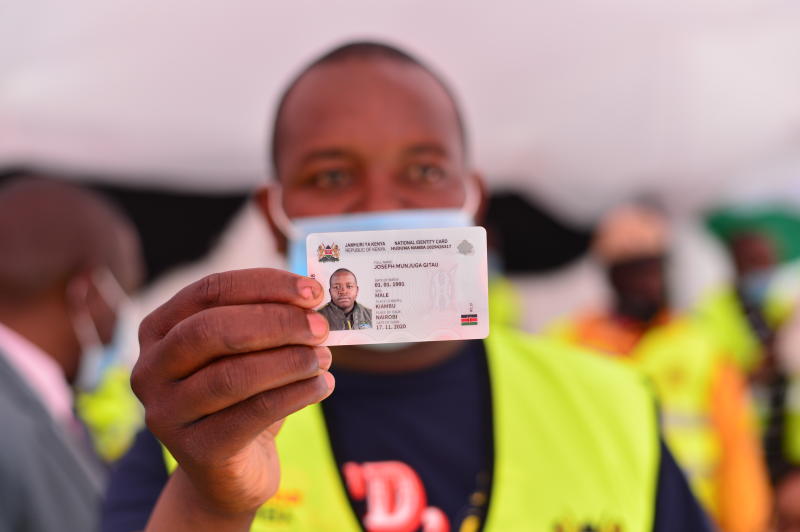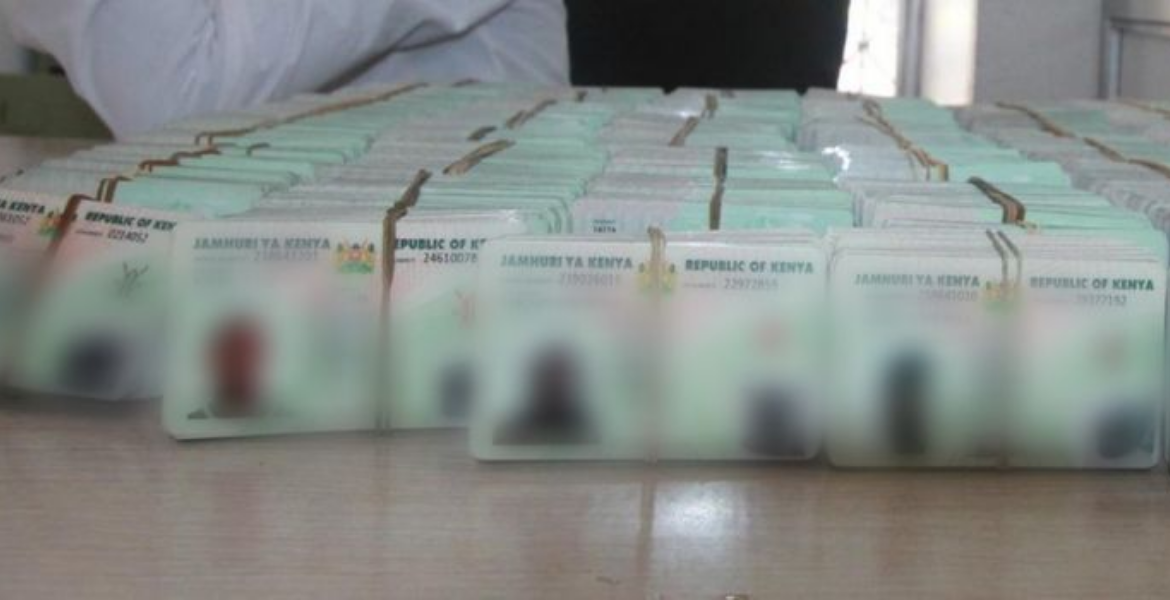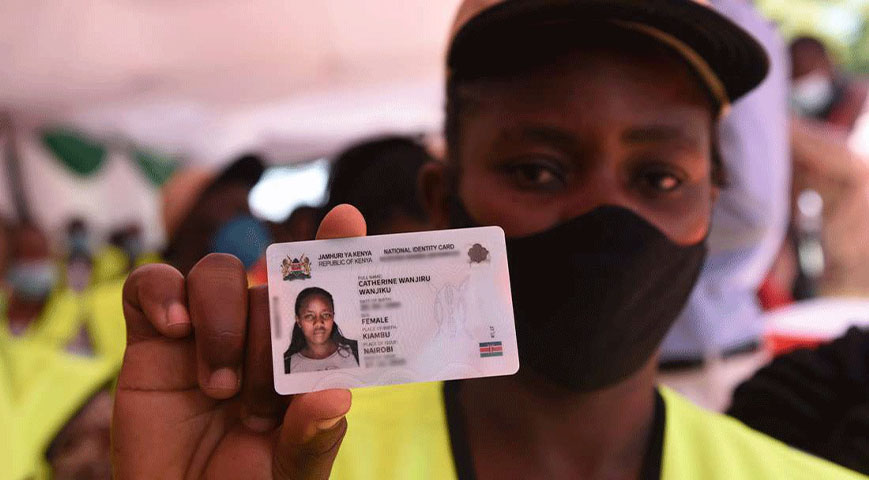The Milimani High Court has reversed a prior suspension of implementing Kenya's Unique Personal Identifier (UPI), the Maisha Namba.
In a significant ruling issued on Monday, the court underscored that halting the registration process adversely affects many Kenyans. The decision comes after the government successfully argued that the suspension posed a direct and immediate negative impact.

The implementation was paused initially due to a petition filed by the Haki na Sheria Initiative. The group challenged the national government, the Attorney General, the Interior Cabinet Secretary, and the Principal Registrars of Births, Deaths, and Persons, alleging that the Maisha Namba rollout infringed upon constitutional rights and freedoms.
Did you read this?
Lawyer Summayah Mokku, representing Haki na Sheria, highlighted the contravention of multiple constitutional provisions, including Articles 10, 73, 94, 129, and 232, which emphasize transparency, public participation, and access to information.
Court documents further expressed concerns over potential breaches of personal data and the risk of excluding select population groups, potentially violating Articles 31 and 27 of the Constitution. According to the petitioners, these actions could render ongoing legal proceedings ineffective.

In his ruling, Judge Lawrence Mugambi of the Milimani High Court acknowledged the respondents' active data collection, processing, and storage despite existing security concerns.
He emphasized the substantial risk to the public's privacy rights without proper data protection measures. Mugambi warned that if the process is later deemed unconstitutional, no compensation could adequately address a data breach.
Additionally, Justice Mugambi noted that the Maisha Ecosystem might exacerbate citizenship exclusion in Kenya. He ordered a conservatory stay on implementing the Maisha Namba, Maisha Card, Maisha Digital ID, and Maisha Database.
The ruling also prohibits the respondents from collecting, processing, or storing personal data under the pretext of issuing the Maisha Namba until a thorough legal review is completed.









